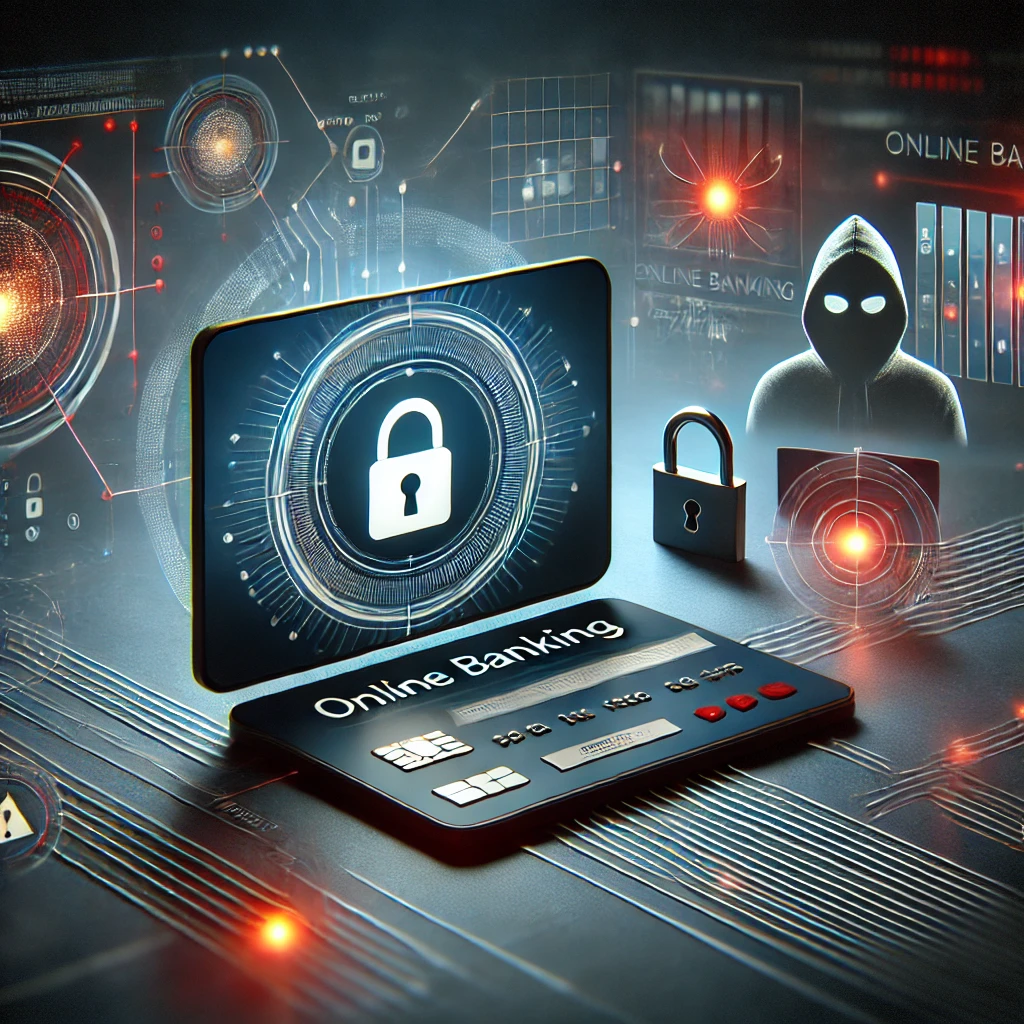The simplicity of online banking has transformed the financial sector, granting users immediate access to their accounts. This digital revolution entails considerable cyber security risks that banks and customers must mitigate to protect sensitive information and financial assets.
Phishing and Social Engineering Assaults
Phishing continues to be a prevalent danger to internet banking. Cybercriminals employ fraudulent emails, texts, or websites that replicate authentic banks to deceive consumers into disclosing their login credentials or personal information. Social engineering efforts, including the impersonation of bank staff, are increasingly sophisticated, necessitating heightened vigilance among users.
Malicious Software and Keystroke Loggers
Malware, such as trojans and key-loggers, can compromise machines via harmful downloads or insecure websites. These programs covertly acquire login credentials, allowing attackers to access online financial accounts and execute fraudulent transactions.
Man-in-the-Middle (MitM) Attacks
Cybercriminals eavesdrop on communications between a user and their bank, frequently via insecure Wi-Fi networks. By exploiting these weaknesses, assailants can alter transactions or expropriate important information. Utilizing secure connections and VPNs is essential to preventing MitM attacks.
Inadequate passwords and substandard authentication.
A multitude of users continue to depend on inadequate passwords or duplicate credentials across other sites, rendering accounts susceptible to brute-force attacks. In the absence of effective authentication techniques, such as multi-factor authentication (MFA), the likelihood of unauthorized access escalates.
Risks Associated with Third Parties
Online banking systems frequently depend on third-party apps or integrations, like payment gateways or financial instruments. If these third companies possess inadequate security protocols, they serve as gateways for cybercriminals to infiltrate user data.
Methods for Ensuring Protection
- Implement Multi-Factor Authentication (MFA): Enhance security for online accounts.
- Maintain Vigilance Against Phishing: Refrain from clicking on dubious links or disclosing login information.
- Maintain Software Currency: Verify that devices possess the most recent security updates and antivirus software.
- Utilise Secure Connections: Refrain from public Wi-Fi and employ VPNs for secure financial transactions.
In summary, online banking provides exceptional convenience but entails heightened cyber security threats. By implementing stringent security protocols, both banks and users may reduce risks a

Leave a Reply